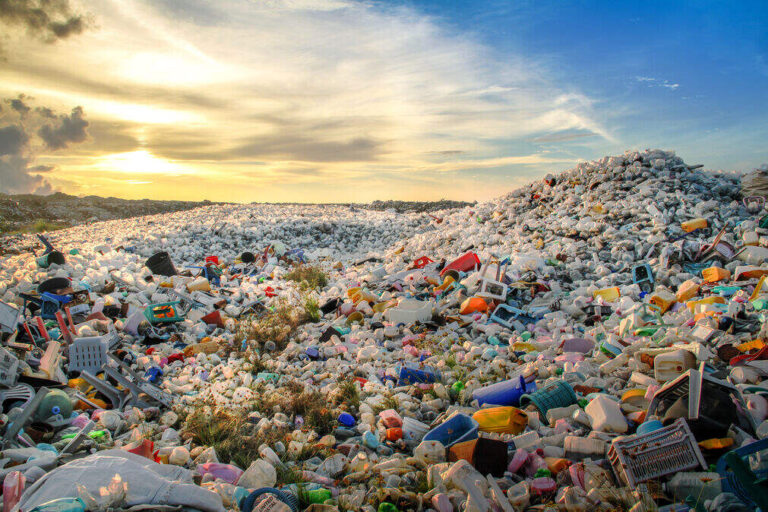Guwahati, Oct 22: The growing use of plastics and their improper disposal are threatening global environmental stability, as most plastic materials are non-biodegradable and chemically inert. Yet, plastics continue to dominate daily life — from packaging to household use — largely because of their convenience.
Most commonly used plastics, such as polypropylene and polyethylene, are discarded shortly after use. In urban areas, plastic waste has surged due to changing eating habits, migration from rural regions for education and jobs, and rapid population growth.
Now, a new study has spotlighted Shillong as a model for sustainable urban waste management in Northeast India.
Conducted by researchers Ananya Kalita, Ankur P. Saikia, and Pranveer Singh from Assam Down Town University, the study — “Sustainability Measures for Minimizing Plastic Waste and Carbon Footprints in Greater Shillong, North Eastern India” — reveals how community awareness can significantly reduce greenhouse gas emissions and plastic pollution in the hill city.
The study published in Case Studies in the Environment, positions Shillong as a living laboratory for sustainable waste solutions — where awareness, not just infrastructure, holds the key to a cleaner, climate-resilient future.
Drawing on responses from 1,146 residents of Greater Shillong, the study used advanced statistical models to identify two major drivers of sustainability — plastic waste management techniques (PWMT) and awareness of waste management techniques (AWMT). Remarkably, the researchers found that public awareness (AWMT) had a stronger influence on emission reduction than even the availability of plastic waste management systems.
The findings underline that citizen education and behavioural change play a decisive role in combating plastic pollution. “Public participation and awareness are the strongest levers for climate action at the city level,” the authors noted in their analysis. The study’s robustness was validated by high reliability scores — with a Kaiser-Meyer-Olkin value of 0.79 and Cronbach’s alpha values of 0.85 and 0.78, underscoring the statistical soundness of the results.
The authors warn that plastic incineration, often seen as a quick disposal solution, can worsen carbon emissions and air quality. Instead, they advocate for decentralised waste segregation, municipal capacity-building, and community-driven awareness campaigns to promote circular economy models.
By quantifying how behavioural awareness directly correlates with emission reduction, the Shillong study offers a replicable model for other Indian cities struggling with waste and climate challenges.
The researchers recommend integrating sustainability education into public campaigns and tourism initiatives to strengthen Shillong’s identity as an eco-conscious destination.
Also Read: ULFA(I) militant gunned down by security forces in Namsai
Also Watch
Find latest news from every corner of Northeast India at hubnetwork.in, your online source for breaking news, video coverage.
Also, Follow us on-
Twitter-twitter.com/nemediahub
Youtube channel- www.youtube.com/@NortheastMediaHub2020
Instagram- www.instagram.com/ne_media_hub
Download our app from playstore – Northeast Media Hub
Images are for reference only.Images and contents gathered automatic from google or 3rd party sources.All rights on the images and contents are with their legal original owners.

